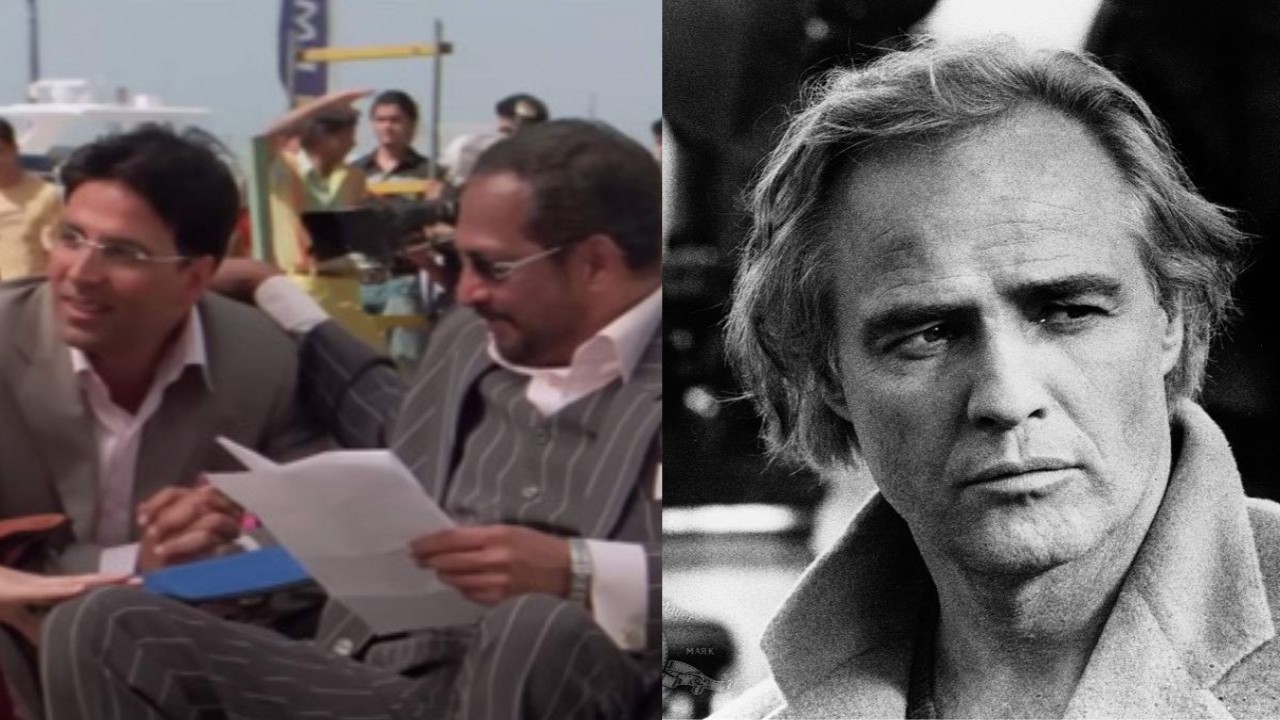Did Tapestry (TPR) just buy another leaky ship?
On Thursday, Tapestry announced plans to buy rival Capri Holdings (CPRI) for $8.5 billion, or $57 a share. This means Capri’s brands — Versace, Jimmy Choo, and Michael Kors — will join Tapestry’s existing luxury brand portfolio, which consists of Coach, Kate Spade, and Stuart Weitzman.
The mega dollars spent in this deal aim to expand the US-based fashion company’s global reach, Tapestry CEO Joanne Crevoiserat said on a conference call. The merger is expected to close in 2024.
But Tapestry bringing on more brands of a similar caliber received a mixed reaction from Wall Street. Tapestry stock plunged nearly 16% as of the market close on Thursday while shares of Capri Holdings skyrocketed 55%.
According to one industry veteran, the deal may not be a smart move on the part of Tapestry.
“When I think of the six brands that are in the combined Capri-Tapestry, there is not one that I would define as a power brand,” Pauline Brown, former LVMH Chairman of North America and author of “Aesthetic Intelligence,” told Yahoo Finance. “It’s a little bit like if you have two boats, and both boats are floating, but they each have a little bit of a leak. You put them together, [and] it doesn’t make the two boats — now sort of connected — any more robust on the high seas.”
On the price tag of the deal, Brown added that Tapestry paid “a healthy multiple on a company that I just don’t think was that healthy.”
Tapestry looks overseas to scale
For others on the Street, however, the deal made a lot of sense.
In an interview with Yahoo Finance last fall, Tapestry CEO Joanne Crevoiserat broke down the company’s three-year growth strategy, called “Future Speed.” One of the four pillars embarked on “powering global growth.”
“We’ve proven to have the ability and the agility to move with the customers,” Crevoiserat said at the time. “The consumer is moving fast, and we’ve engineered our organization to be able to respond to those changes and be closer to that consumer.”
The Capri merger seems to further that strategy.
BMO Capital Markets analyst Simeon Siegel told Yahoo Finance Live (video above) that the announcement was “an interesting diversification.”
“It’s an attempt now at expanding the scale and creating a version of … the same European powerhouses [in the US],” he added, similar to Kering and LVMH.
Greg Portell, a lead partner at Kearney Global Markets, also expressed confidence in the deal. Portell noted that “scale matters in retail” and “retailers have realized that a portfolio of brands expands those points of connection with consumers.”
Back in 2017, Coach changed its name to Tapestry after it acquired both Stuart Weitzman and Kate Spade. Portell stated this deal goes further in providing “a clear platform for growth” while scaling Tapestry’s business too.
“The challenge for multi-brand companies — retail or consumer product goods — is to maintain brand identity and creative integrity while still getting the efficiency of scale in the back office,” Portell said. “Tapestry has a track record of making that work which gives confidence in the acquisition thesis.”
Tapestry in a ‘vulnerable position’
The deal comes as mergers and acquisitions (M&A) have started to pick back up.
In late July, Kering, the owner of Gucci, purchased a stake in Valentino. And while not in the luxury category, other consumer-facing brands have been active as well.
On Monday, Campbell Soup (CPB) acquired Rao’s pasta sauce maker Sovos Brands for $2.7 billion. And on Tuesday, Molson Coors (TAP) acquired Blue Run Spirits while Tilray (TLRY) scooped up eight beer and beverage brands from Anheuser-Busch InBev (BUD).
In a report from PWC, the firm forecast a “healthy level of … M&A activity in the latter half of the year, as businesses’ focus remains on increased profitability, portfolio diversification and optionality for consumers.”
In many ways, the Tapestry-Capri deal continues a trend of consolidation in the luxury fashion space.
Although Brown was skeptical about the move, she said: “I don’t think status quo for those two companies was a good option either.”
Tapestry was in a “vulnerable” position to begin with, Brown added. “They weren’t small enough to be agile, and they weren’t big enough to compete for the best real estate for the best media deals, and so forth.”
Tapestry will share its latest quarterly results next week on Thursday, Aug. 17.
–
Brooke DiPalma is a reporter for Yahoo Finance. Follow her on Twitter at @BrookeDiPalma or email her at bdipalma@yahoofinance.com.
Click here for the latest stock market news and in-depth analysis, including events that move stocks
Read the latest financial and business news from Yahoo Finance





